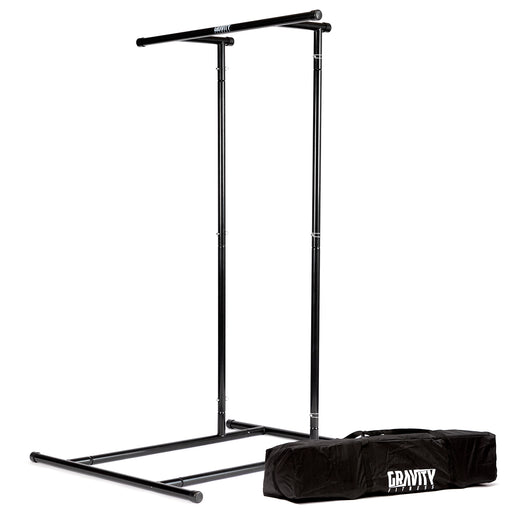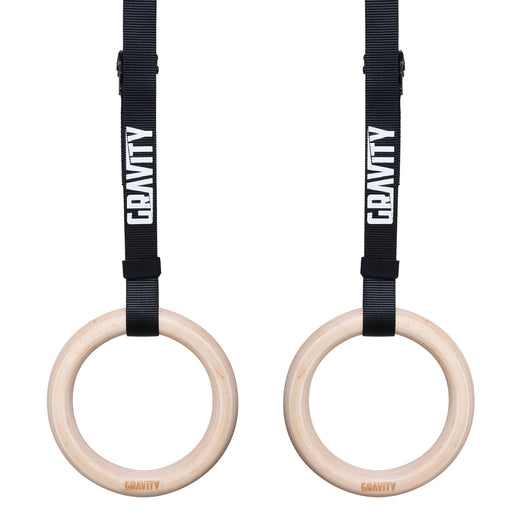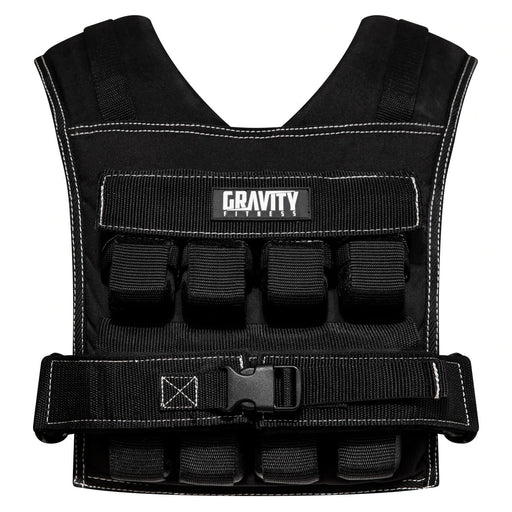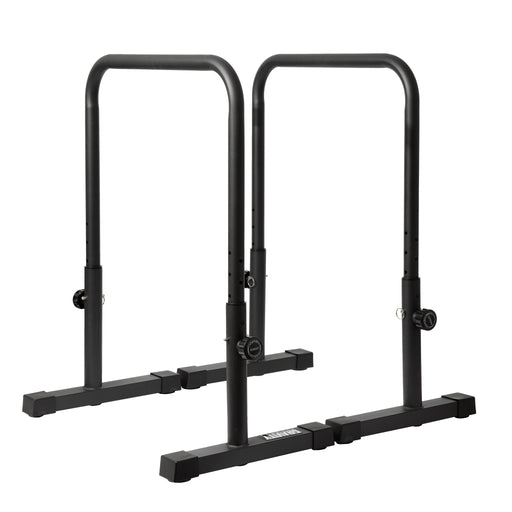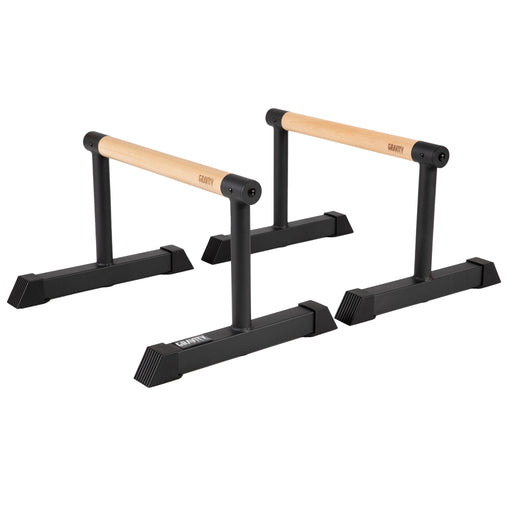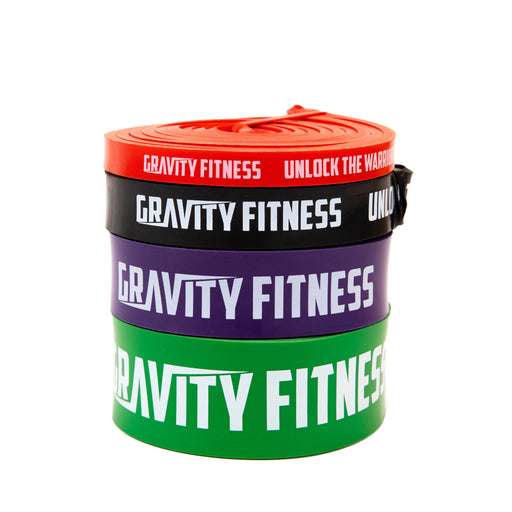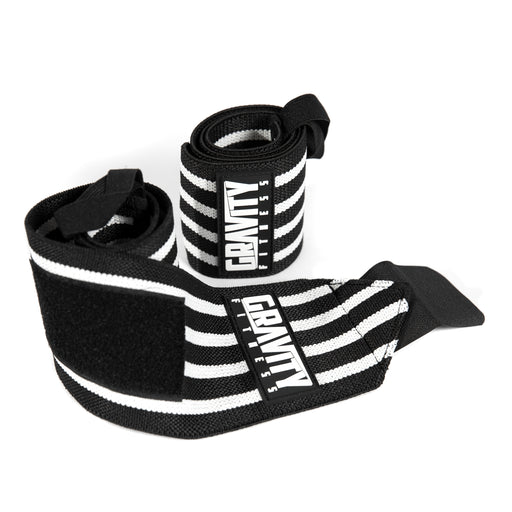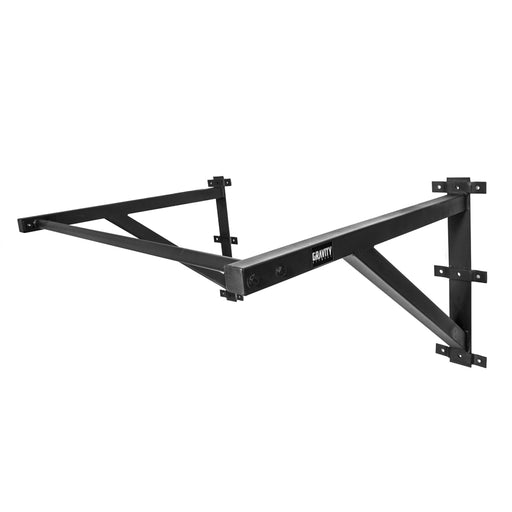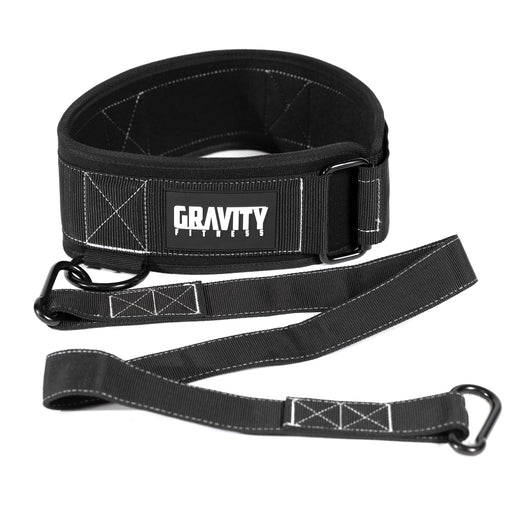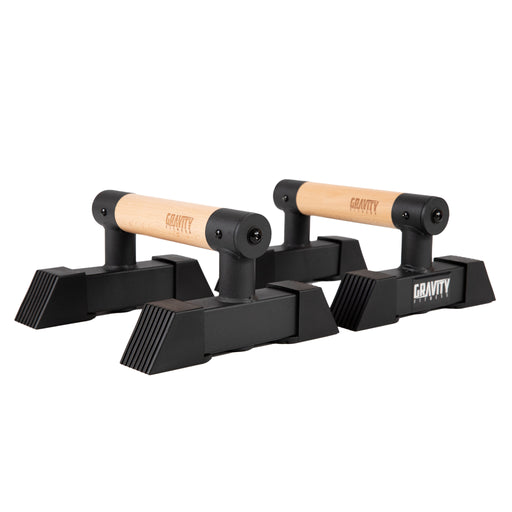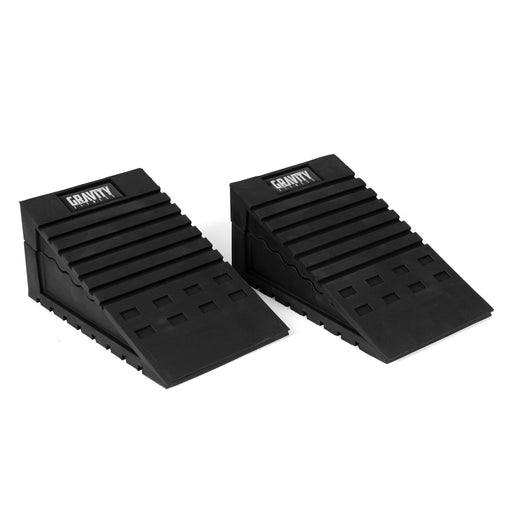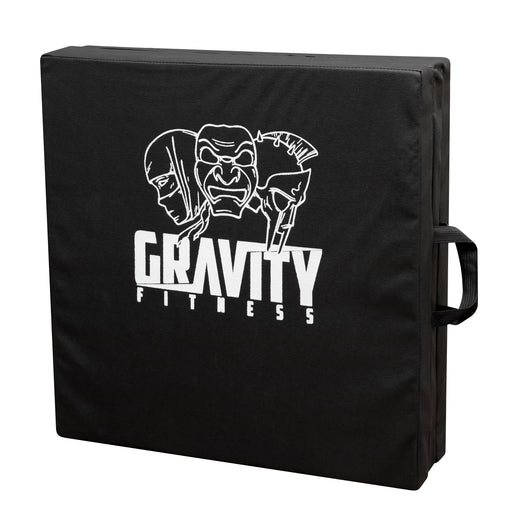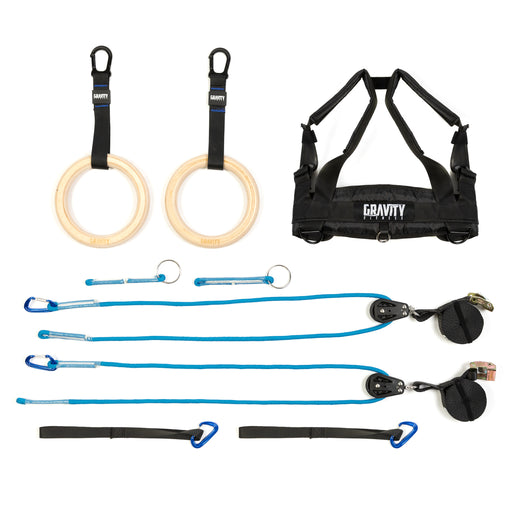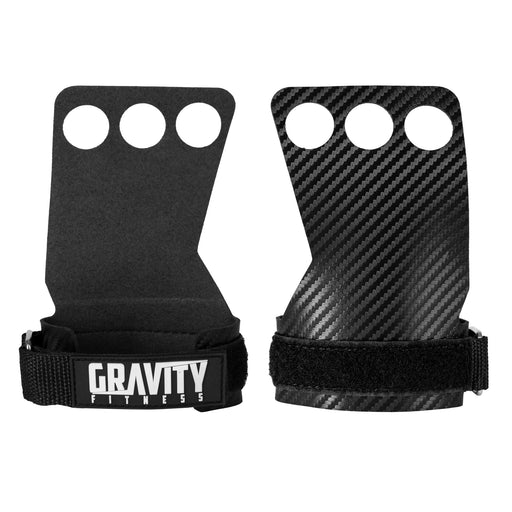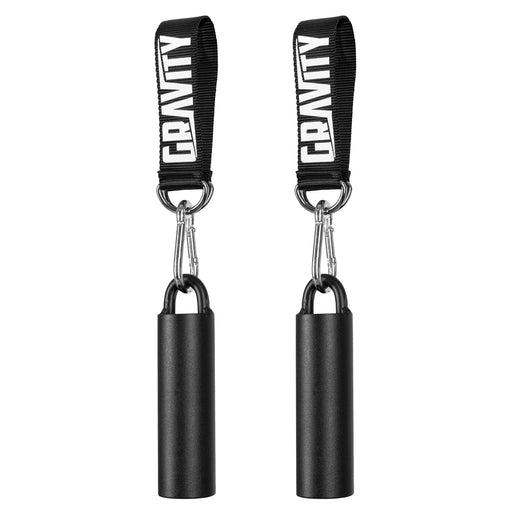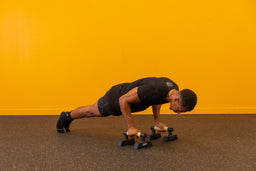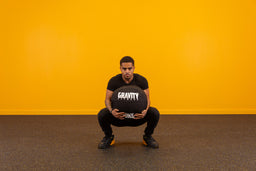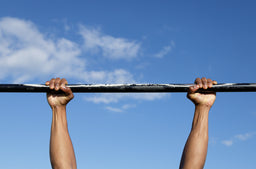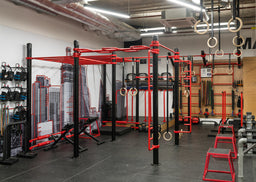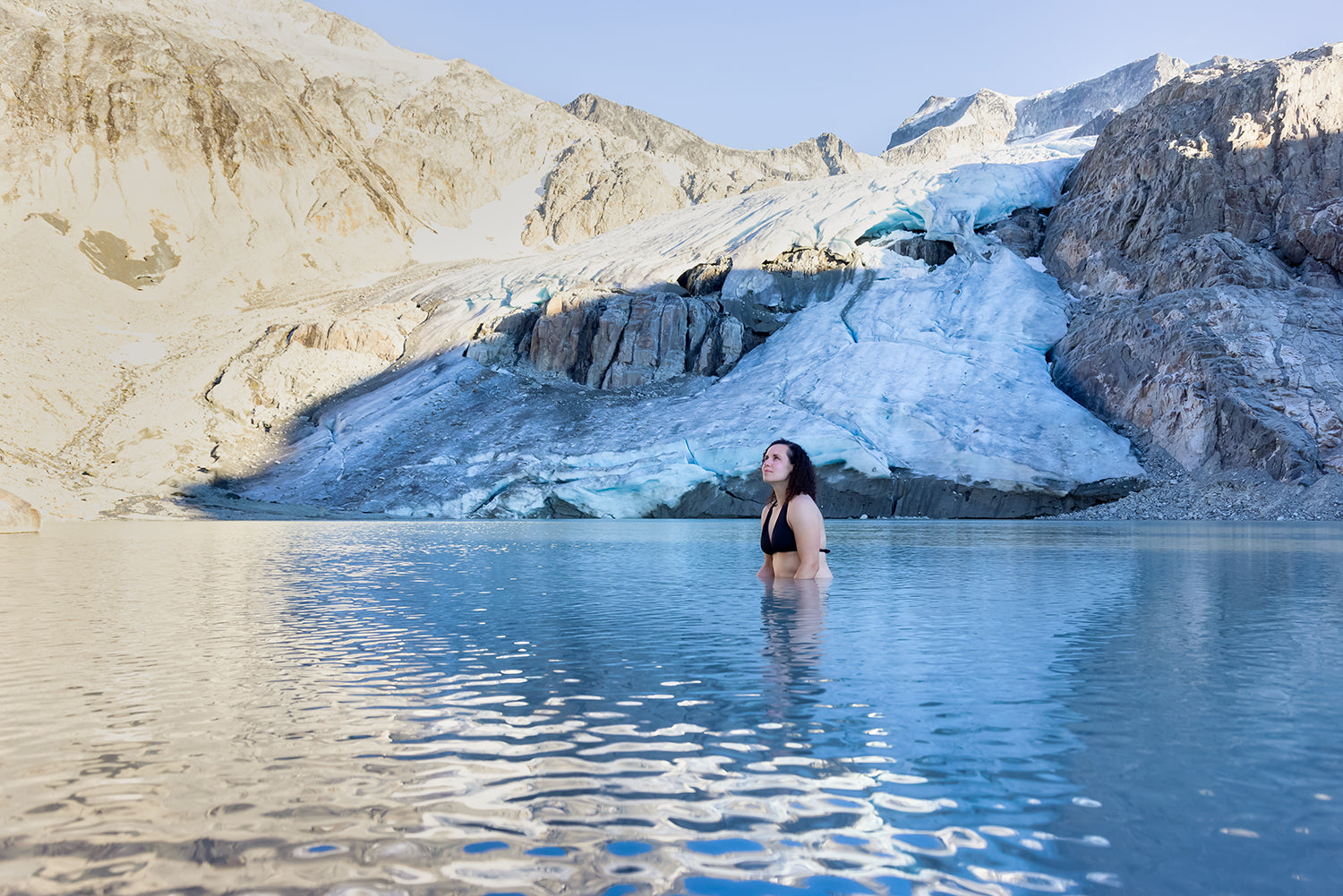
How to use cold water therapy as biohacking
How to use cold water therapy as biohacking
Can cold water therapy do more than boost recovery? Tap into the physical and mental benefits of extreme cold.
What is cold water therapy?
Cold water therapy – from cold showers to cryo chambers – has been used for decades by athletes seeking faster recovery from training. But cold water and ice therapy has reached new heights of popularity, with some experts saying it’s the ultimate biohack.
Some people now believe cold water therapy can stimulate virus-killing cells, induce cold thermogenesis, and even prolong your lifespan. And since cold water is pretty widely available (especially in the UK!), maybe it’s the best new addition to your healthy lifestyle…
Why do cold water therapy?
For most people, using cold water to boost recovery or bring down inflammation makes sense on a logical level. Cold is the opposite of the heat of damaged, inflamed tissue. But maybe there’s more to cold water therapy than just feeling good after a tough training session.
6 benefits of cold water therapy
Let’s assume you’re on board with the idea of using cold water immersion as part of your training recovery. Here are seven more anecdotal reasons to try it (there’s not much by way of scientific research yet).
1 Boost metabolic output
Some research has shown that cold water leads to cold thermogenesis, which activates brown fat cells. These cells create heat in cold conditions, and therefore increase your overall metabolic rate. There have been some interesting studies into long-distance cold water swimmers and brown fat cells.
2 Support immune system function
It’s thought that cold water immersion stimulates leukocytes, the white blood cells that help fight off infection and viruses. Cold also makes the lymphatic system contract, which sends fluid through the lymph nodes.
3 Improve circulation
Cold water or cryotherapy causes blood vessels to constrict which temporarily reduces blood flow to muscles. This activity can improve circulation in the long term.
4 An opportunity for mindfulness
It might sound bizarre, but submitting to cold water (especially in a beautiful natural setting) gives you the chance to switch off and get mindful. In a busy, noisy world this can be a golden opportunity to connect with yourself.
5 Increased mental strength
Once you’ve successfully got into cold water and stayed there, you’ll know what you’re capable of. All of a sudden that 1RM attempt or final sprint rep won’t seem so daunting.
6 Boost physical and mental energy
Cold water doesn’t give you extra energy, but it definitely energises you. A morning dip can wake you up for the day, boost your mood, and give you mental clarity.
Leading practitioners of cold water therapy
We probably don’t have to tell you about Wim Hof – “The Iceman” – who has become the poster boy for extreme cold water and ice therapy. His studies, adventures, and writings are dedicated to promoting the physical and mental benefits of cold water (and cold conditions in general).
If you want to read up on other fascinating characters who have found a second home in cold water, check out endurance swimmer and ocean advocate Lewis Pugh, legendary open water swimmer Lynne Cox (who swam the Bering Strait during the Cold War), and ice swimmer Josef Koeberl.
How to use cold water therapy in your own lifestyle
You might not fancy swimming across the North Pole, but maybe you want to have a bit of cold water therapy in your life. If you live by the coast (or a lake), it’s pretty easy. But do be careful. Build up your tolerance slowly, never swim or dip in bad weather, and always have someone with you. Never underestimate the power of the sea.
Best low-cost cold water therapy ideas
Cold showers – simply take a short cold shower, or turn your shower to its coldest setting at the end of your normal shower. Build up to 3-5 minutes.
Ice baths – fill a bath with ice and cold water, or invest in a purpose-built ice bath or plunge tub if you really think you’ll use it enough.
Open water dips – enjoy a dip in the sea, lake, or river but please be careful. Get to know local tides and currents, always let someone know where you’re going (or have someone with you) and if there are lifeguards present, heed their advice.
Cryotherapy – certainly not cheap, but a fast and done-for-you way to access the benefits of this most extreme form of cold therapy.
Check out our full functional fitness range at the Gravity store here and start building your own fitness lifestyle collection.
